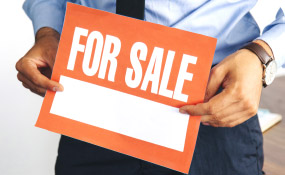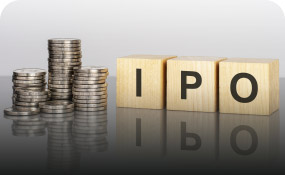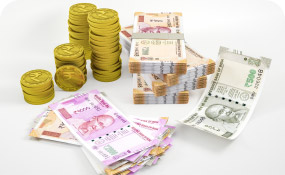Business Valuation
At Tobuz, we help businesses analyse their strength and weaknesses by determining their business value through business valuation, we aim to help companies, understand their current market value in case, if they were to exit at this point in time and thus take strategic decision related to the future of their business.
If you are an investor
Business valuation helps you know the value of the firm or enterprise in which you are planning to invest. Tobuz can help you get in touch with the right people or team which can competently evaluate the intrinsic worth of a business and give you a heads-up before you approach a business to negotiate and buy.
What is Business Valuation?
Valuation is a technique used to capture the true value of the business. Common approaches used in business valuation include Discounted Cash Flow (DCF), Trading Comparables, and Transaction Comparables method.

Why get a Business Valued?

Sale of the Business

Raising Funds From VC or IPO

Taxation Purposes

Financial Reporting

Buying Another Business

Issue of Stock to Employees

Liquidation of The Company

Litigation Purposes